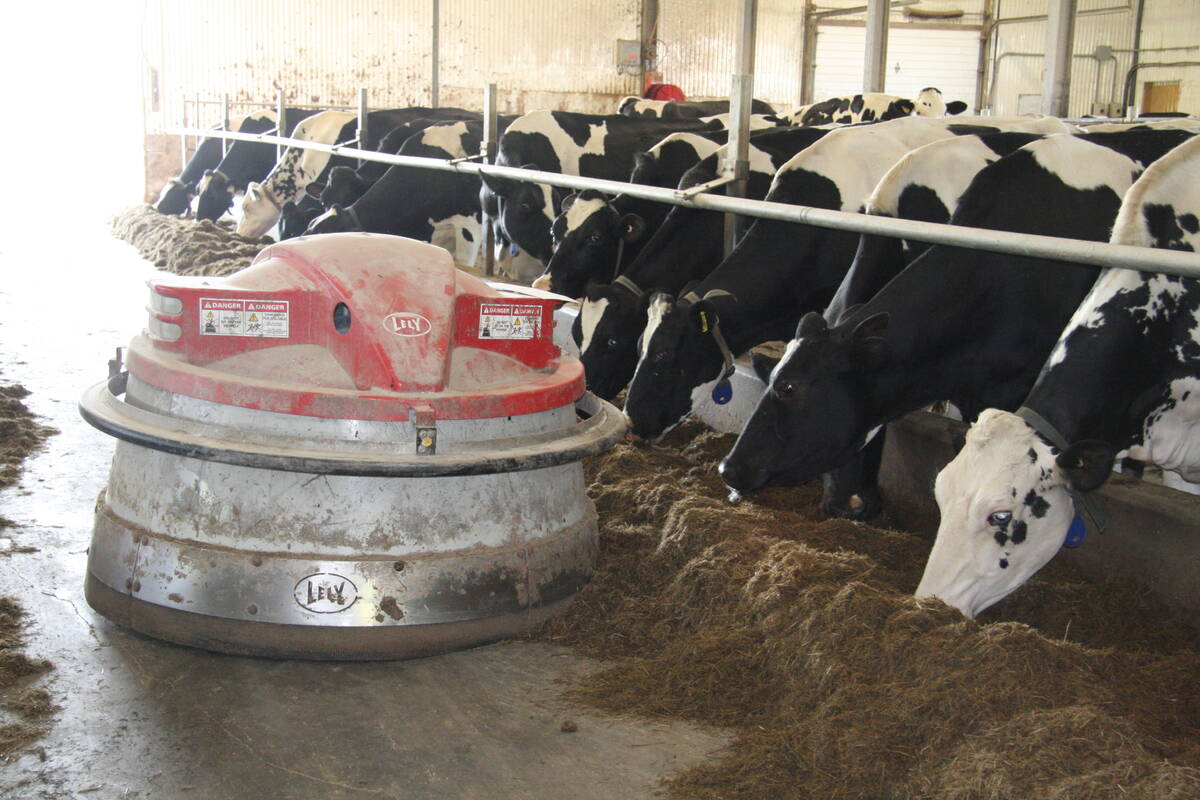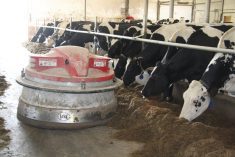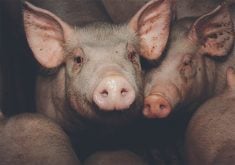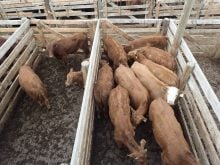A small brand of Canadian pork continues to blaze a trail for health food in the United States.
Not only is the pork produced by Winnipeg’s Prairie Orchard Farms allowed to claim that it is a good source of omega 3 fatty acids, but it can also now claim to contain a high level of selenium, an important human health nutrient.
“It’s essential for the body,” said Amy Johnston, a nutritionist with Prairie Orchard Farms, which hires dedicated hog farmers to produce specially fed pigs.
The company only recently received approval for its label claim in the United States and doesn’t know yet whether it will receive permission to make the same claim in Canada.
Read Also

Partnerships, communication key to disease management
Communication and strong, trusted partnerships are key to managing infectious diseases like Foot and Mouth Disease and HPAI.
Its omega 3 claim has been allowed for more than a year and the meat can be found in specialty food stores in a number of cities on both sides of the border.
Johnston said many North American consumers are becoming conscious of the health effects of nutrients and are willing to seek out enhanced food products.
Johnston said her company has boosted selenium levels in its meat both because it is important for human health and it is missing in pork from many areas.
Some livestock produced in the southeastern United States, China, New Zealand and elsewhere is low in selenium because soils there are either low or depleted. Crops grown on those soils are selenium deficient and that can make humans also selenium deficient.
“If we are eating those crops or the livestock we rely upon are eating those crops, whatever we’re eating doesn’t contain the selenium we need,” said Johnston.
Selenium has been connected to prevention of prostate and breast cancer, protection against Alzheimer’s disease and better immune system response.
“What we have here is an opportunity to boost the selenium content of our diets through our pigs,” said Johnston.
The pigs develop high levels because they are fed supplemental selenium and given grains high in selenium.
Nutrient-enhanced foods aren’t new: vitamin C added drinks are common; enriched flours and breakfast cereals are plentiful; omega 3 boosted eggs have been on the market for years.
Last month canola products were given the right in the United States to claim possible health benefits from their consumption.
But this is the first meat on the market able to claim both omega 3 and selenium content.















